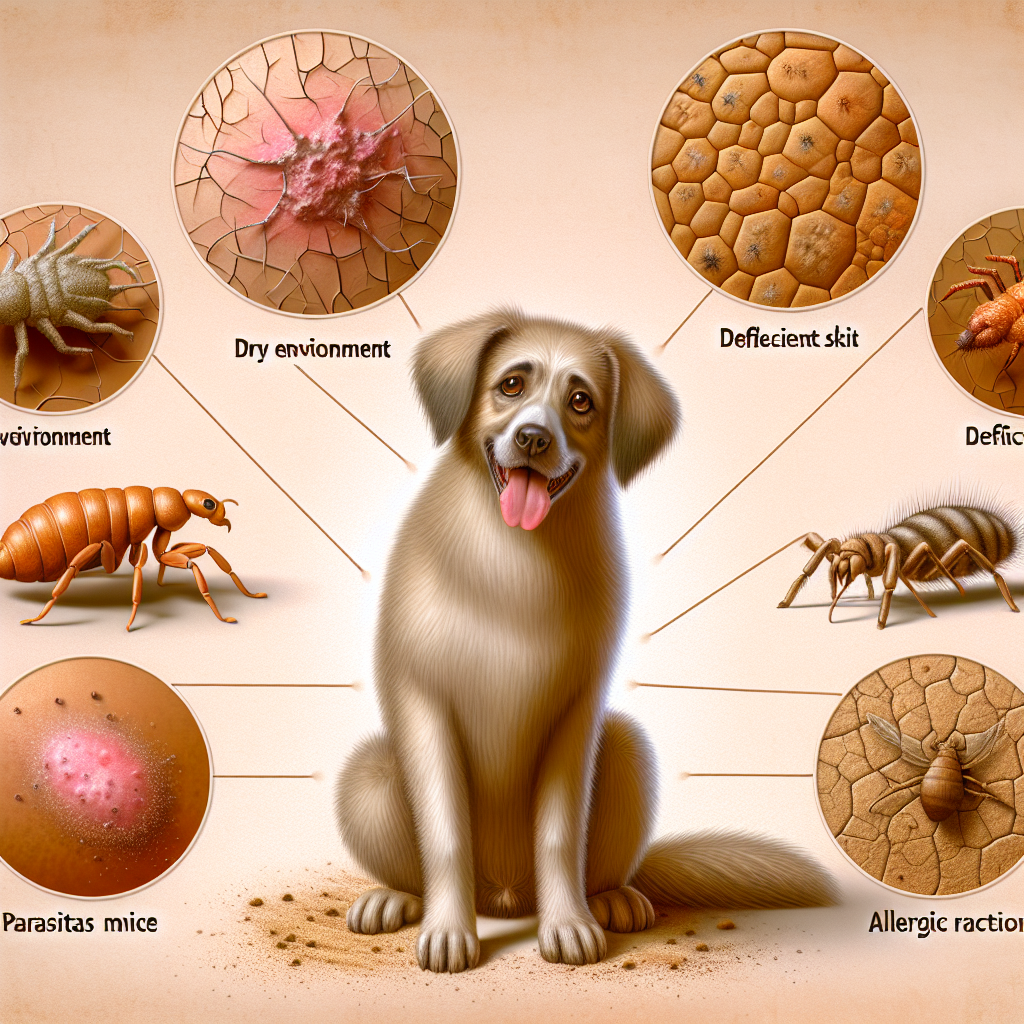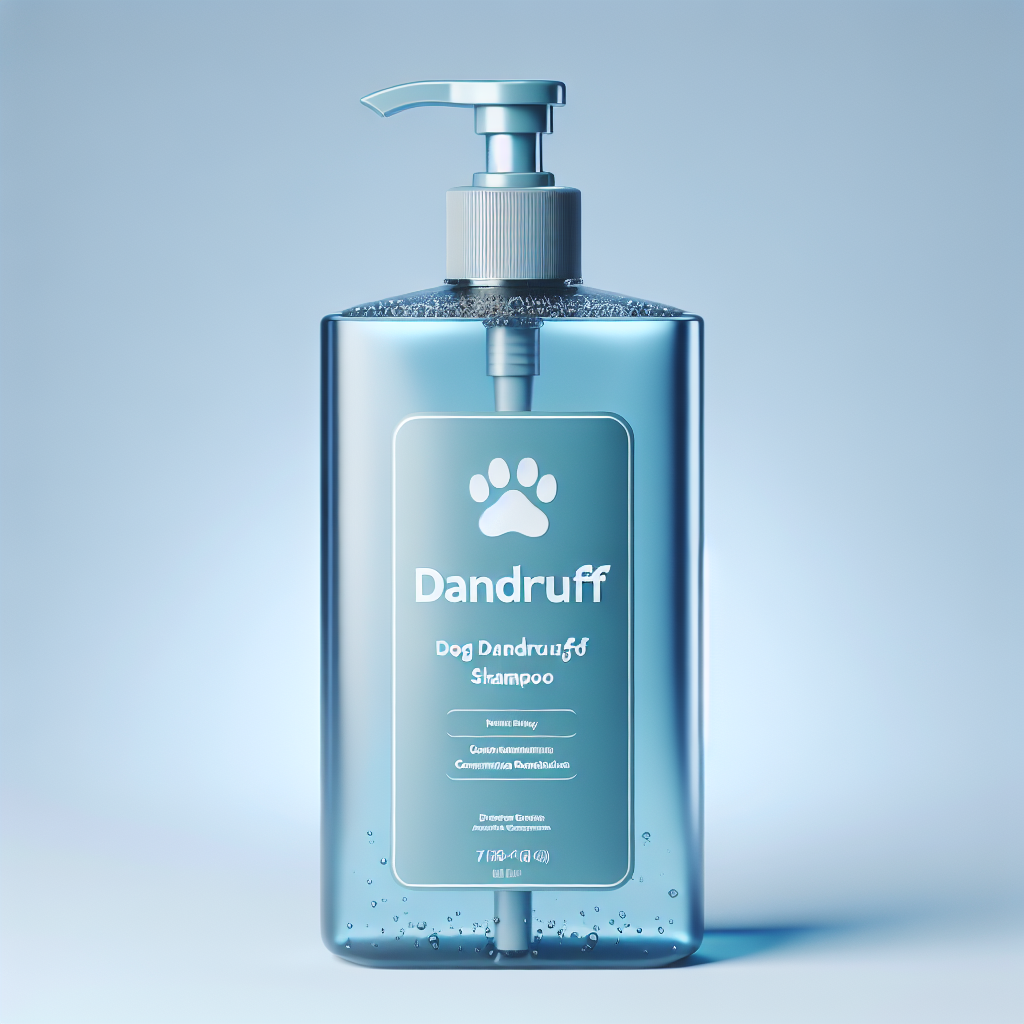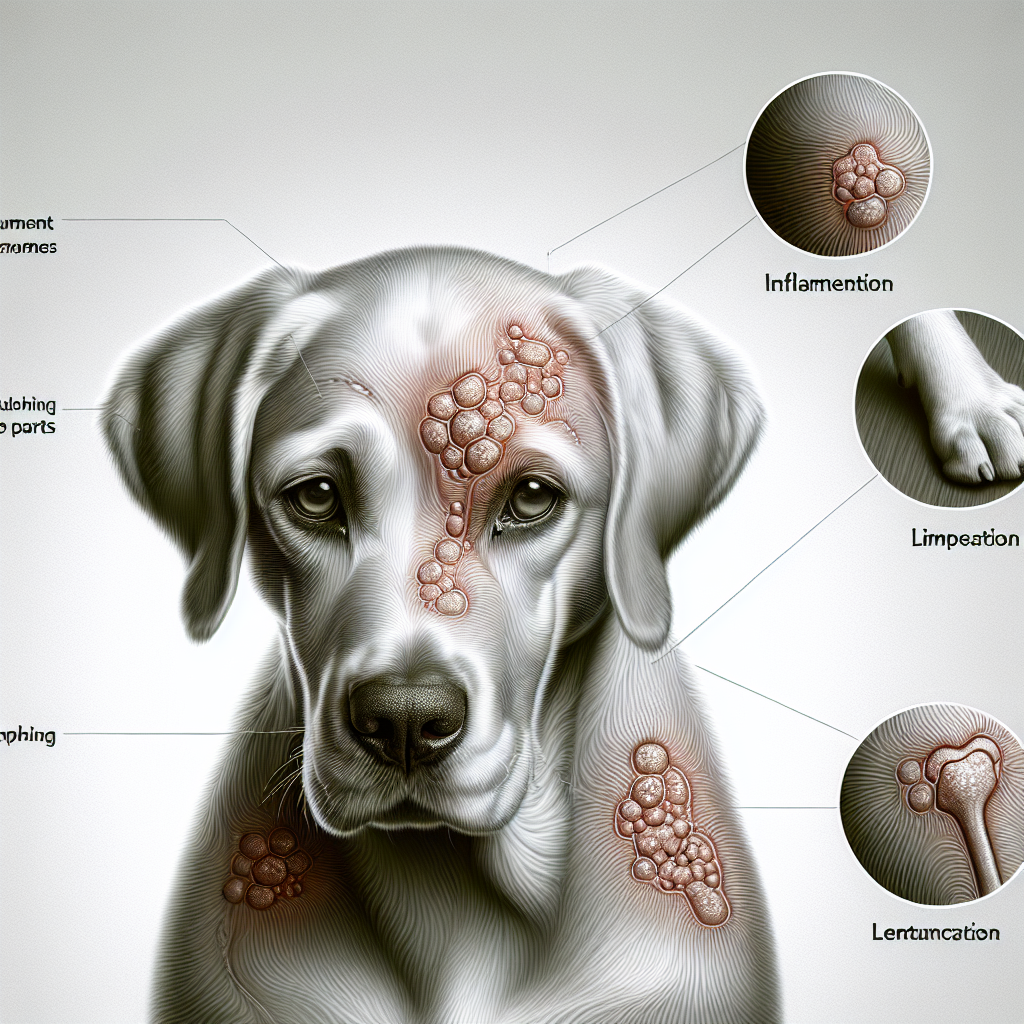Understanding Heartworm Disease
Heartworm disease is a serious and potentially fatal condition that affects dogs, cats, and ferrets. It is caused by a blood-borne parasite known as Dirofilaria immitis. The disease is transmitted through mosquitoes, which act as intermediate hosts in the parasite’s lifecycle.
Transmission and Lifecycle
The lifecycle of heartworms begins when adult female heartworms produce microscopic baby worms called microfilaria that circulate in the bloodstream. When a mosquito bites an infected animal, it picks up these microfilaria, which then develop and mature into infective larvae over a period of 10 to 14 days (American Heartworm Society).
When an infected mosquito bites another animal, such as a dog, cat, or ferret, it transmits the infective larvae into the animal’s bloodstream. Over time, these larvae migrate to the heart, pulmonary artery, and adjacent large blood vessels, where they develop into adult heartworms (VCA Hospitals). Female adult heartworms can grow up to 6 to 14 inches in length, while males are about half the size of females. It is not uncommon for a dog to harbor as many as 300 worms when diagnosed.
Impact on Dogs, Cats, and Ferrets
Heartworm disease can have devastating effects on infected animals. In dogs, the presence of adult heartworms in the heart, lungs, and blood vessels can lead to severe lung disease, heart failure, and damage to other organs. Even after the parasites are eliminated, lasting damage may persist (American Heartworm Society). Dogs can harbor several hundred worms, further exacerbating the potential for long-term complications.
While heartworm disease is less common in cats and ferrets compared to dogs, it can still cause significant health issues. In cats, heartworm disease often manifests as respiratory symptoms, including coughing, wheezing, and difficulty breathing. Additionally, cats can experience sudden death as a result of the disease. Ferrets, like cats, are also susceptible to heartworm infection and may display similar respiratory signs.
Prevention is crucial when it comes to heartworm disease. By implementing year-round preventive measures and timely treatment, pet owners can help protect their beloved furry companions from the potentially devastating effects of this disease. Regular heartworm testing and early diagnosis are essential in ensuring prompt treatment and minimizing the risk of complications. To learn more about heartworm prevention options, continue reading the next section on Heartworm Medication Options.
Importance of Prevention
When it comes to heartworm disease in dogs, prevention is key to keeping your furry friend safe and healthy. Heartworm disease is a serious and potentially life-threatening condition caused by the transmission of heartworm larvae through mosquito bites. To protect your dog from this parasitic infection, it is crucial to prioritize prevention measures.
Year-Round Protection
The American Heartworm Society strongly recommends year-round administration of FDA-approved medications to prevent heartworm infection in dogs. Even during seasonal changes, like fall, it is important to maintain consistent protection for your dog. Mosquitoes can be active at various times throughout the year, and a single bite from an infected mosquito can lead to heartworm disease.
By providing year-round protection, you can effectively break the heartworm lifecycle and minimize the risk of infection. Heartworm preventives should be administered strictly on schedule, whether it’s a monthly oral or topical product or a semi-annual injectable (American Heartworm Society). This regular administration helps eliminate immature heartworm larvae before they mature into adults, which are more difficult to prevent.
Significance of Timely Treatment
Early detection and timely treatment are essential in managing heartworm disease. Regular heartworm testing allows for the early identification of heartworm infection, enabling prompt intervention. If your dog tests positive for heartworms, your veterinarian will recommend a suitable treatment plan.
Heartworm treatment typically involves a series of medications to eliminate the adult heartworms from your dog’s body. This process may take several months and requires strict adherence to the prescribed treatment protocol. After the completion of treatment, your dog will need post-treatment care, including restricted exercise and regular follow-up visits with the veterinarian to monitor their progress and ensure a successful recovery.
Remember, prevention is far easier, safer, and more cost-effective than treating heartworm disease in dogs. By following the recommended guidelines for heartworm prevention, administering medications on schedule, and ensuring year-round protection, you can significantly reduce the risk of heartworm infection and safeguard the well-being of your beloved pet.
Heartworm Testing and Diagnosis
Testing and diagnosing heartworm disease in dogs is an essential step in ensuring the health and well-being of our furry friends. Regular testing allows for early detection and timely intervention. In this section, we will explore the testing guidelines and diagnostic procedures involved in identifying heartworm infection in dogs.
Testing Guidelines
The American Heartworm Society recommends annual testing for heartworm infection in dogs, even when on year-round prevention, to ensure the effectiveness of the prevention program. While heartworm preventives are highly effective, missing a dose can leave a dog unprotected. Therefore, year-round prevention is recommended to safeguard pets from heartworm disease.
According to the guidelines set by the American Heartworm Society, all dogs over 7 months of age should undergo yearly testing using both the antigen and microfilaria tests for heartworm infection. This comprehensive approach ensures a thorough assessment of heartworm status in dogs.
Diagnostic Procedures
Heartworm disease is typically diagnosed using a simple blood test. There are two main tests available for detecting heartworm infection: the antigen test and the microfilaria test (VCA Hospitals).
The antigen test detects the presence of adult heartworms in the dog’s bloodstream. It identifies a specific protein produced by female heartworms. A small blood sample is collected and analyzed to determine if heartworm antigens are present. If the test yields a positive result, further diagnostic procedures may be necessary to determine the extent of the infection and the appropriate course of treatment.
The microfilaria test, on the other hand, is used to detect the presence of heartworm larvae circulating in the dog’s bloodstream. It involves examining a blood sample under a microscope to identify the microfilariae, which are the offspring of adult heartworms. This test helps determine if a dog has an active heartworm infection and whether additional testing and treatment are required.
Routine heartworm testing is crucial for dogs, even if they are on year-round prevention, as there is still a small possibility of infection due to circumstances like vomiting the pill or rubbing away topical medication (Pet Wellness Clinics). Dogs should be routinely tested for heartworms during preventative vet visits. If a dog tests positive for heartworms, further testing may be recommended to determine the appropriate course of treatment.
By following the testing guidelines and utilizing diagnostic procedures, veterinarians can accurately diagnose heartworm disease in dogs. Early detection and timely treatment are vital in managing heartworm infection and ensuring the well-being of our beloved canine companions. Regular testing, along with heartworm prevention for dogs, plays a critical role in keeping our furry friends safe from this potentially life-threatening disease.
Heartworm Medication Options
When it comes to protecting your dog from heartworm disease, there are several options available for heartworm medication. These medications are designed to prevent heartworm infection and help keep your furry friend healthy. The three main types of heartworm preventives for dogs are oral preventives, topical preventives, and injectable preventives.
Oral Preventives
Oral heartworm medications are available in the form of once-a-month tablets or chewables. These medications contain active ingredients such as ivermectin or milbemycin, which not only kill heartworm larvae but also eliminate internal parasites like roundworms and hookworms. They provide a convenient and effective way to protect your dog against heartworm disease.
It’s important to note that oral heartworm preventives require a prescription from a veterinarian. The dosage and frequency of administration will depend on your dog’s weight and specific medication. Regular administration of oral preventives is crucial to ensure continuous protection against heartworms. Remember to consult with your veterinarian to determine the most suitable oral preventive for your dog.
Topical Preventives
Topical heartworm preventives, also known as spot-on medications, are applied monthly to the back of your dog’s neck. These preventives not only protect against heartworms but also target other parasites such as fleas, ticks, mange mites, and roundworms. Topical preventives are an effective way to maintain your dog’s overall well-being and protect against multiple parasites.
While applying topical preventives, it’s important to follow the instructions provided by the manufacturer. These medications should be applied to the skin and not ingested. Be cautious after application to prevent your dog from licking the area until the medication is fully absorbed. Always consult with your veterinarian to select the most appropriate topical preventive for your dog’s needs.
Injectable Preventives
Injectable heartworm medication provides an alternative option for heartworm prevention. One such example is Moxidectin, which can provide up to six months of protection from heartworms. Injectable preventives are administered by veterinarians trained in their proper use and require reporting of any adverse effects.
The advantages of injectable preventives include the convenience of less frequent administration and the assurance of continuous protection. However, it’s important to note that injectable preventives may have specific usage restrictions and should only be administered by a veterinarian.
When considering which type of heartworm preventive to use for your dog, it’s essential to consult with your veterinarian. They will consider factors such as your dog’s health, age, weight, and lifestyle to recommend the most suitable option. Additionally, regular testing for heartworm infection is necessary, even when using preventive medications, to ensure the effectiveness of the chosen preventive method. For more information on heartworm testing and diagnosis, refer to our article on heartworm testing in dogs.
By consistently administering the appropriate heartworm preventive, you can help protect your furry companion from the potentially harmful effects of heartworm disease. Remember to consult with your veterinarian for guidance on the best heartworm medication option for your dog and adhere to the recommended administration guidelines.
Treatment for Heartworm Disease
If your dog has been diagnosed with heartworm disease, prompt treatment is crucial to prevent further complications. Treatment for heartworm disease involves two main components: medication for eliminating heartworms and post-treatment care.
Medication for Eliminating Heartworms
The primary medication used to eliminate heartworms in dogs is melarsomine, which is administered through a series of injections. Melarsomine is commonly known by brand names such as Immiticide® or Diroban®. These injections work to kill the adult heartworms that have taken up residence in your dog’s heart and pulmonary arteries.
In some cases, your veterinarian may also prescribe the antibiotic doxycycline in conjunction with melarsomine. Doxycycline helps combat potential bacterial infections associated with heartworm disease. It is important to follow your veterinarian’s instructions regarding medication dosage and administration.
Treatment for heartworm disease can be toxic to a dog’s body and may cause serious complications, including life-threatening blood clots in the lungs (FDA). The treatment process typically involves multiple visits to the veterinarian, blood tests, x-rays, hospitalization, and a series of injections. It is essential to closely monitor your dog during and after treatment to ensure their well-being.
Post-Treatment Care
After undergoing treatment to eliminate heartworms, it is crucial to provide your dog with proper post-treatment care. Complete rest is essential during this period, as the adult heartworms die and start to decompose, which can cause post-treatment complications (VCA Hospitals). Your veterinarian will advise you on the appropriate level of activity for your dog and may recommend restricted exercise to prevent complications.
During the recovery period, it is important to monitor your dog closely for any signs of discomfort or adverse reactions. Follow-up visits with your veterinarian will be necessary to evaluate the effectiveness of the treatment and ensure that your dog is recovering well.
Remember, treatment for heartworm disease can be expensive and may require a significant investment of time and resources. However, it is crucial to prioritize your dog’s health and well-being. By following the recommended treatment plan and providing the necessary post-treatment care, you are giving your dog the best chance of recovering from heartworm disease.
For information on best practices to prevent heartworm disease in dogs, refer to our article on heartworm prevention for dogs. Regular heartworm testing and timely treatment are essential to protect your beloved pet from this potentially life-threatening condition.
Best Practices for Heartworm Prevention
When it comes to protecting your beloved canine companion from heartworm disease, following the best practices for prevention is essential. This involves adhering to administration guidelines and implementing proper monitoring and testing recommendations.
Administration Guidelines
To effectively prevent heartworm infection in dogs, it is recommended by the American Heartworm Society to administer FDA-approved medications year-round. These medications work by eliminating heartworm larvae before they mature into adults and migrate into the arteries of the lungs and heart.
The administration of heartworm preventives should strictly follow the prescribed schedule. For oral and topical products, monthly administration is typically recommended. Injectable preventives, on the other hand, are administered every 6 months. It is crucial to administer the preventive on time to ensure the elimination of immature heartworm larvae before they molt into the adult stage, which is poorly prevented.
Puppies should be started on heartworm preventive as early as the product label allows and no later than 8 weeks of age. It is important to note that the dosage of heartworm medication is based on body weight, not age (American Heartworm Society). Consult with your veterinarian to determine the most suitable preventive medication and dosage for your dog.
Monitoring and Testing Recommendations
Regular monitoring and testing are crucial components of heartworm prevention. Before receiving a prescription for a heartworm preventive, dogs must be tested for heartworms. This diagnostic test can be performed by a local veterinarian to confirm that the dog is not already infected with heartworms (Heartgard).
In addition to the initial testing, periodic heartworm testing is recommended to ensure the effectiveness of the preventive medication and to detect any potential infections. The frequency of testing may vary depending on regional factors, such as the prevalence of heartworm disease in your area. Consult with your veterinarian to determine the appropriate testing schedule for your dog.
To further enhance heartworm prevention, reducing mosquito exposure is important. Mosquitoes play a significant role in transmitting heartworm larvae to dogs. Implementing measures to minimize mosquito contact, such as avoiding peak mosquito activity times and using mosquito repellents, can contribute to a comprehensive prevention strategy.
By following the administration guidelines for heartworm preventives and adhering to monitoring and testing recommendations, you can ensure the best protection for your furry friend. Remember, prevention is key when it comes to safeguarding your dog against heartworm disease. Consult with your veterinarian to develop a comprehensive heartworm prevention plan tailored to your dog’s specific needs.















